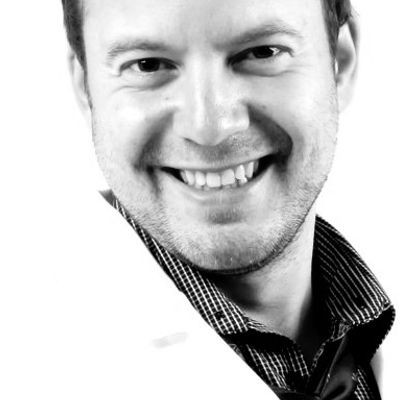About
Enric is a dedicated physician-scientist in training and a doctoral researcher at the Medical Anthropology Research Center at University Rovira i Virgili in Spain. His work is primarily focused on the intersection of social and health sciences. His current project, funded until October 2026, aims to explore ways to eliminate coercion in mental health settings.
Enric has a diverse research background, having worked with institutions like Stanford Law School, the University of Arizona, and The Graduate Institute Geneva. His research has spanned from social networks analysis to the study of cognitive biases in decision-making processes in international disputes. He has also explored the potential genetic basis of schizophrenia and the effects of the neuritin gene on cortical thickness.
Academically, Enric engaged in a dual degree in neuroscience and smart systems from Keele University, holds a degree in evolutionary anthropology from University Rovira i Virgili and Universitat Oberta de Catalunya, and a Master's degree in biological anthropology from the Universitat de Barcelona and Universitat Autònoma de Barcelona. He also holds postgraduate degrees in collective mental health and dialogical practices.
In addition to his academic and research roles, Enric has significant experience as a working group member of EU COST (European Cooperation in Science and Technology) science and cooperation actions. He has contributed to the ReMO (Researcher Mental Health) and FOSTREN (Fostering the Reduction of Coercion in Mental Health) initiatives. The ReMO initiative focuses on the mental health of researchers, a critical but often overlooked aspect of the research ecosystem. The FOSTREN initiative, on the other hand, aligns with Enric's current project, aiming to reduce coercion in mental health settings. His involvement in these initiatives demonstrates his commitment to improving mental health both within and outside the research community.
Joined
October 2013
